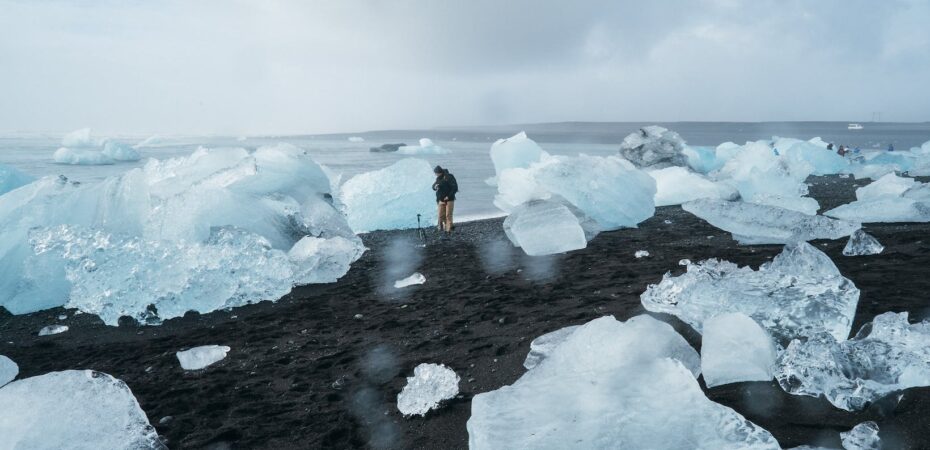Yesterday’s eruption of the Grimsvotn volcano in Iceland took its toll on local and international flights for a brief period, but won’t cause major travel disruptions in the country or in other European destinations. After dealing with last year’s travel chaos caused by the Eyjafjallajokull volcano eruption and subsequent ash cloud all over Europe, international travelers were relieved to find out this new event was going to be far less disruptive.
The Icelandic Grimsvotn volcano erupted yesterday and it generated an ash cloud that led to the cancellation of all flights in and out of the KaflavÃk International Airport, the main airport in Iceland. Some of the delays and cancellation effects were prevented by local authorities who were able to fly people out of the airport early, outrunning the eruption chaos. While the decision of Icelandic authorities helped many, it also caused a real nightmare for other travelers, who were not aware of the flight schedule changes.

Volcano eruption experts believe that the ash cloud caused by Grimsvotn will only affect Iceland and not cause travel disruptions in other European countries.
Magnus Tumi Gudmundsson, a geophysicist at the University of Iceland, said the eruption was “much bigger and more intensive than Eyjafjallajokull” but that the disruption would not be as widespread as last year because there was not as much wind to spread the ash.
Eurocontrol, Europe’s air traffic control organisation, also stated no major disruptions to air travel across the continent have been recorded:
“There is currently no impact on European or transatlantic flights and the situation is expected to remain so for the next 24 hours. Aircraft operators are constantly being kept informed of the evolving situation.”
While most authorities and experts agree Grimsvotn’s effects were only temporary and localized to Iceland, some volcano specialists warn the ash cloud might get to Scotland by tomorrow, possibly affecting some British and international flights. At this time, this theory seems the worst case scenario depiction of the Icelandic eruption effects, with little to no chances of taking its toll on international travel.


 By
By 









